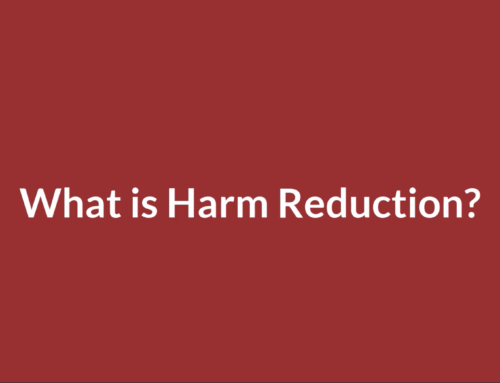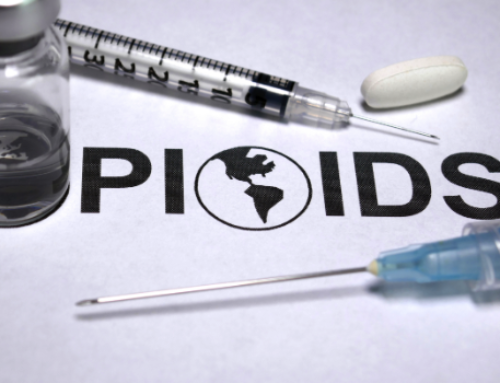This year, the main focus of National Mental Illness Awareness Week (October 06 – 12) is to end mental illness stigma. The stigma around mental illness can be described as the negative judgement that people suffering from a mental condition feel from others. This week organizations across the country are working to dispel misconceptions about mental illness and instead open up a dialog with friends and family that creates an environment of empathy and support.
What is Mental Illness Stigma?
The stigma around mental illness is knowing that some people, including friends and family, think that anyone suffering from a mental health condition is weak, broken or lazy. They may think that mental illness is the fault of the person, or even equate it with criminality. These incorrect perceptions can create a sense of shame that can lead to isolation, substance abuse and suicide. Stigma can make it challenging for people suffering from mental illness from reaching out and getting the help that they need and deserve.
Dignity Erosion and Dehumanization
A person’s dignity and sense of self is easily eroded by the discrimination, bullying and ostracization that is related to mental illness stigma. Often times it’s friends and family that play a part in this erosion and marginalization because they begin only to see the illness and not the person. They are no longer friend, mother or husband – instead they become schizophrenia, bi-polar disorder, depression.
Stigma is also a contributing factor for people struggling with mental illness to not seek help. According to the National Institute of Mental Health, in 2017 only 42.6% of adults in the U.S. suffering from mental illness received mental health services. According to a cross-sectional, proof of concept study cited in a Psychology Today article, some top reasons for not seeking treatment that are related to stigma are:
- 6.5% “Didn’t want others to find out”
- 8.1% “Concern about effect on job”
- 9.7% “Concerned about confidentiality”
- 11% “Concerned about opinion of neighbors”
While there are a lot of factors that might cause someone not to seek treatment for mental illness, stigma should not be one of them. The misconceptions and prejudices of people surrounding people suffering from mental health conditions are a major contributor to the suffering of people that should be helped, not ridiculed.
How Can the Stigma Around Mental Illness Be Fought?
Fighting the stigma of mental illness is all about communication and education. Considering that 1 in 5 Americans deals with mental health issues, it’s just about a given that everyone has someone close to them dealing with mental illness. Organizations supporting National Mental Illness Awareness Week agree that one of the most powerful tools in combating stigma is for those living with mental illness to share their experiences with the people in their lives.
Sharing Personal Experiences
In sharing personal stories regarding their struggle with mental illness, other people can put a face to an otherwise unfamiliar topic. People who see mental illness in a stigmatized, negative light are more likely to change their opinion if someone they know puts a familiar face on it. A trusted friend or loved one that shares a story or experience can make have a monumental effect in the fight against the stigma around mental illness.
In sharing their personal stories about mental health, people are opening themselves up to the very stigma that National Mental Illness Awareness Week is looking to erase. Deciding whether or not to share one’s struggles with mental illness is a personal choice who’s consequences should be weighed. To that end, the Honest, Open, Proud Program has dedicated itself to educating people about the process of disclosing one’s experience with mental illness. They offer a very extensive online guide to disclosing mental illness, hosted group sessions, and a book entitled “Coming Out Proud”.
Ending the Stigma
Ending the stigma around mental illness is a gargantuan task, but progress is made as people find their strength to share their personal experiences. As people who hold a prejudice against those with mental illness are disarmed with knowledge and empathy, their fear will fade. Those who struggle with mental illness will find it easier to reach out and embrace the help available to them.
Resources
National Mental Illness Awareness week in San Diego is a largely online and personal movement, with the National Alliance on Mental Illness providing some great resources for spreading awareness on their website.
October 10th, 2019 is World Mental Health Day via the World Health Organization, with this year’s focus on suicide prevention. Check out Volunteers of America Behavioral Health’s recent related article, How Addiction-Related Suicide Support Groups Can Help You Heal.
Look forward to May, which is Mental Health Awareness Month, when there will be events nation-wide aimed at increasing awareness, activism and fundraising.


